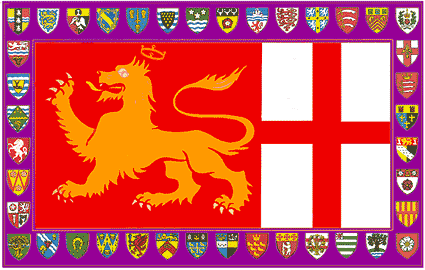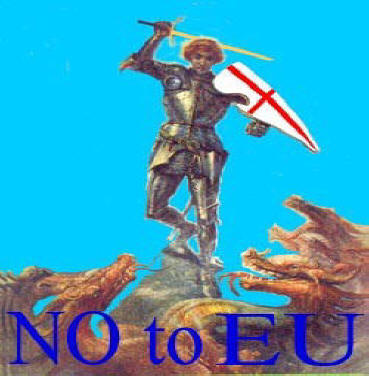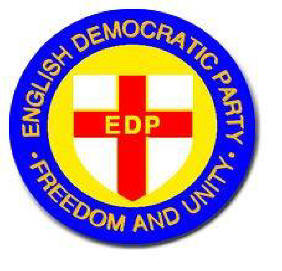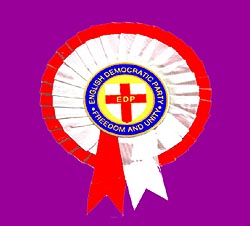ENGLISH DEMOCRATIC
PARTY. ORG UK.
BULLETINS & VIEWERS FROM ACROSS THE WORLD
Established 1994-Elections 1997 and EU election 1999-Speech -1000's of Links - Archive-Top Topics and Stats
 |
 |
 |
 |
PART ONE -1994 -Official Website-2013 - PART 2
| 12 REASONS TO KEEP INFORMED OF THOSE WHO ARE GRADUALLY TAKING AWAY YOUR JOBS- YOUR FREEDOM- AND EVEN YOUR LIFE. SEE: | |||||||||||
|
BANKSTERS CITY OF LONDON AN ELITE OF TREASONABLE MONEY LENDERS |
GLOBAL-ISATION JOBS MOVED TO DEVELOPING COUNTRIES WHO'S CITIZENS WORK FOR A PITTANCE AND LONG HOURS |
ILLUMINATI I INTER NATIONAL BANKERS-AND FRIENDS-SEE_-------) |
BILDERBERG GROUP SERVANTS OF NEW WORLD ORDER-SECRET ANNUAL MEETINGS |
USA
GOVERN'T DESTROYING THE PEOPLE'S CONSTITUTION AND IF THEY CAN MOST OF THE PEOPLE |
COMMON PURPOSE- A POISONESS FIFTHCOLUMN IN CENTRAL AND LOCAL GOVERNMENT POLICE AND COMMUNITY |
GLOBAL WARMING SCAM SURCHARGE ON ENERGY AND POWER SOURCES-DESECRATION OF GREEN BELT
|
FALSE
FLAG ATTACKS 7/7- 9/7 -SANDY HOOK AND MANY MORE! |
SATANIC
COLLECTIVE EUROPEAN UNION 40 YEARS OF PROMISED CHANGE BY THE CON--SERVITIVES |
ILLEGAL
WARS in IRAQ AFGHAN LIBYA-SYRIA... |
PROTECTION OF THE INTERNET FOR THE PEOPLE |
POLLUTED WATER EARTH AND SKY BY NEW WORLD ORDER GM FOODS |
| 1)U.S. Concentration Camps | 1) |
1)Protocols
|
|
|
Dr. |
WHO OWNS
|
POWER | Mind Control |
Henry
Makow
|
1)Chemtrails 2)CREATED |
PRIVATE CENTRAL BANKS |
(1)War
|
The English People's
VoicEWELCOME!
|
